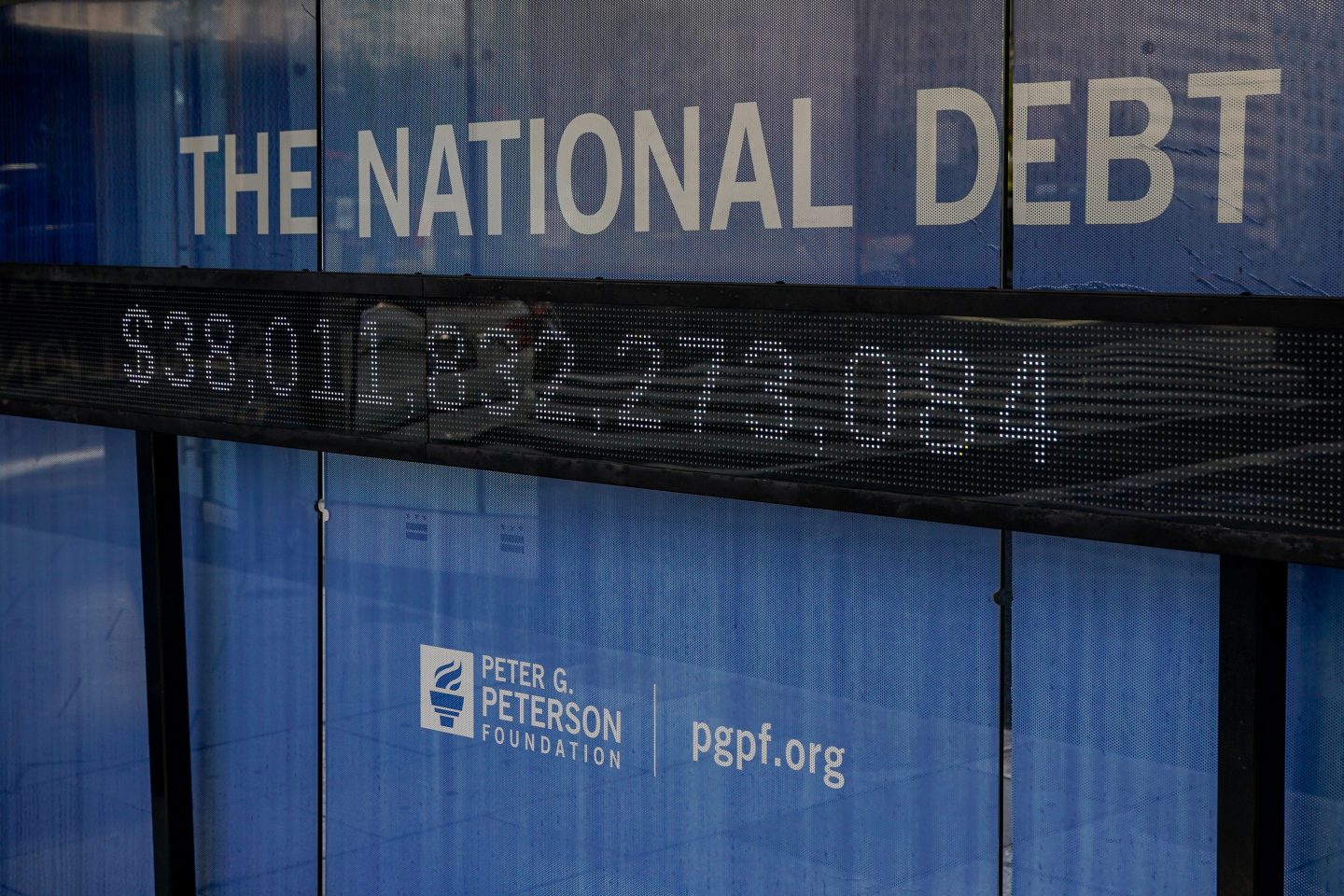The Leadership Insider network is an online community where the most thoughtful and influential people in business contribute answers to timely questions about careers and leadership. Today’s answer to the question “To get ahead in business, is it better to have skills or connections?” is written by Robert Sloan, managing director and head of executive talent assessment at Sheffield Haworth.
Connections get you in the door; but skills keep you there. And the more skills you develop, the more career opportunities you will have. Unfortunately, I’ve found that few people have a full understanding of their true skill set or of what critical skills they lack. Unaware of their strengths, they underuse their talent. Unaware of their shortcomings, they fail to grow, learn, and improve.
I was a case in point. Over nearly a decade in banking, I was fortunate to receive feedback from some very senior, very successful bankers about my strengths and weaknesses. But the real breakthrough came when I was negotiating a bankruptcy case, ultimately satisfying a client who was in a tough situation. Like a lot of people in financial services, I was good with numbers, highly analytical, and sharply focused on transactions. But a senior colleague led me to understand that the deal succeeded not simply because of my technical skills but because of my ability to build meaningful relationships and instill trust in my clients.
Discovering these people skills in myself enabled me to broaden my career horizons. I left banking to join an executive search firm, where I was able to combine my people skills and analytical skills to assess talent. In my new position, I was exposed to competency frameworks designed to pinpoint true skills and expose skill gaps. Today, such frameworks are central to my work helping talented people understand their skills, develop them, and just as important, learn to articulate them.
If you aren’t aware of your own strengths (and weaknesses) connections will only take you so far. In banking, for example, good times may allow you to rack up several large deals, but when it’s time to explain how you acquired them, an inability to effectively articulate your strengths makes you no more attractive than any other job candidate. However, if you’ve taken the time to achieve real self-awareness, you will know how you got those deals done. Maybe it was an ability to work across cultures, resolve conflict, or to reframe issues so that all parties were satisfied. In any case, you will be able to say not only that you delivered value, but also how you delivered it. And you can convincingly explain how you can deliver value in the future – in a position of greater responsibility, in another company, or in another industry altogether.
Read all answers to the Leadership Insider question: To get ahead in business, is it better to have skills or connections?
Forget being polite, here’s how to really network by Mike Del Ponte, co-founder of Soma.
Why networking means zilch if you don’t know yourselfby David Reese, vice president of people and culture at Medallia.
Why talent will only take you so far in business by Derek Lidow, author of “Startup Leadership: How Savvy Entrepreneurs Turn Their Ideas Into Successful Enterprises.”
To get ahead in business, why connections matter by Christine M. Aylward, managing director of Foresite Capital Management.












